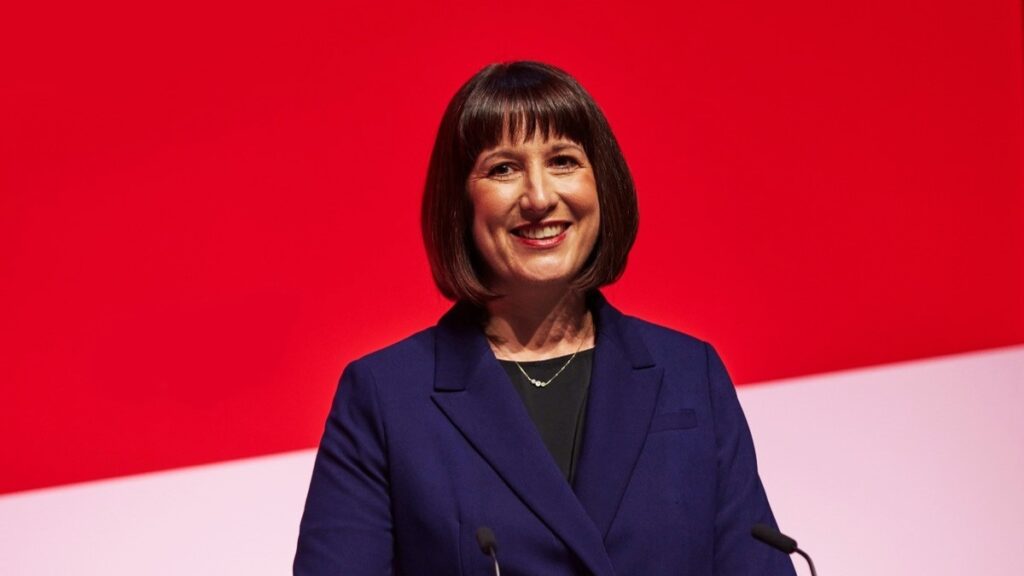As speculation grows about Chancellor Rachel Reeves’ upcoming Budget, one proposal is making waves: a potential increase in employer national insurance contributions. While this may appear to align with Labour’s pre-election promise not to impose heavy burdens on working individuals, many experts argue that this move is the ultimate stealth tax—a measure that could hurt working families more than it seems.
The Jobs Tax Dilemma
At first glance, an increase in employer national insurance contributions might look like a necessary step to address the UK’s £22 billion fiscal gap, a shortfall attributed to the previous Conservative government’s policies. However, critics are quick to point out that raising these contributions is essentially a tax on jobs.
When employers face higher national insurance costs, they often respond by either cutting jobs or reducing wages to offset the financial impact. Consequently, while workers may not see an immediate change in their take-home pay, the long-term implications could be significant. With many families already grappling with rising costs of living, this added financial pressure could exacerbate their struggles.

Labour’s Manifesto and the Fiscal Black Hole
Reeves may justify her proposed tax hike as a means of plugging the fiscal hole left by the Tories, but this rationale doesn’t sit well with everyone. The Labour manifesto explicitly promised not to increase taxes on working people, and many believe that raising employer national insurance contributions breaches this commitment. Critics argue that the manifesto was not merely a political document but a promise to the electorate.
While Reeves has repeatedly emphasized the need for financial prudence, the effectiveness of relying on employer contributions to resolve the fiscal crisis is questionable. Wealthy individuals can afford to seek financial advice to minimize their tax burdens, leaving the brunt of fiscal responsibility on middle-income earners and businesses.
The Impact on Business and Employment
Voices from the business community echo concerns about the adverse effects of increasing national insurance contributions. The head of UK Hospitality, representing pubs, hotels, and restaurants, warns that such a move could further strain an industry already burdened by rising costs in wages and overheads.
Rupert Soames, chair of the Confederation of British Industry (CBI), believes that while a rise in national insurance could impact hiring, businesses will assess the overall Budget package rather than fixate on individual tax increases. However, this optimism is tempered by the reality that sectors like hospitality, where staffing costs constitute a significant portion of total expenses, may find it increasingly difficult to sustain operations.
The Numbers Behind the Proposal
So, how much could the government stand to gain from increasing employer national insurance contributions? According to estimates from the Institute for Fiscal Studies (IFS), a 1% rise in employer NICs could yield around £4.5 billion annually. However, this figure may rise in the short term, potentially reaching £8.5 billion as suggested by HM Revenue and Customs.
With the UK labor market showing signs of fatigue, including a drop in job vacancies and moderated wage growth, the timing for this potential tax increase is less than ideal. The latest labor market statistics indicate a decline in the number of payrolled employees, raising alarms about the sustainability of job creation in the current economic climate.
A Delicate Balancing Act
Amid these challenges, there may be a silver lining. Some economists suggest that increasing employer national insurance contributions could help keep wage inflation in check, which is crucial for managing overall inflation in a service-based economy like the UK. A restrained wage growth may provide the Bank of England with the confidence to stabilize interest rates, offering relief to borrowers who have faced mounting financial pressures.
However, this line of reasoning does not negate the potential fallout for workers and businesses alike. Higher employer NICs may force companies to rethink their compensation strategies, impacting wages, bonuses, and even pension contributions.
The Broader Economic Context
The economic implications of raising employer national insurance contributions extend beyond immediate financial concerns. Critics argue that such a measure could inhibit economic growth, making it harder for businesses to create jobs and contribute to the public purse. As Kate Nicholls of UK Hospitality notes, many businesses are already struggling to cope with rising costs, and adding another financial burden could stifle growth in sectors that are vital to the economy.
Moreover, while Chancellor Reeves and Keir Starmer maintain that their fiscal policies will focus on rebuilding the economy, the potential tax hikes could lead to a counterproductive cycle of reduced hiring and stagnant wage growth.
A Critical Decision Ahead
As Chancellor Rachel Reeves prepares to unveil her first Budget, the choice to increase employer national insurance contributions looms large. While the government faces a daunting fiscal challenge, the implications of such a move on working people, businesses, and the broader economy cannot be overlooked.
The balancing act between fiscal responsibility and maintaining the commitments made to voters will be crucial in determining the success of Labour’s approach to governance. As the debate unfolds, one thing remains clear: the decisions made in the coming weeks could have lasting consequences for the future of work and economic growth in the UK.
Read More: UK Blackout Prevention System Amid Low Winds, But Remains Confident in Power Supply
